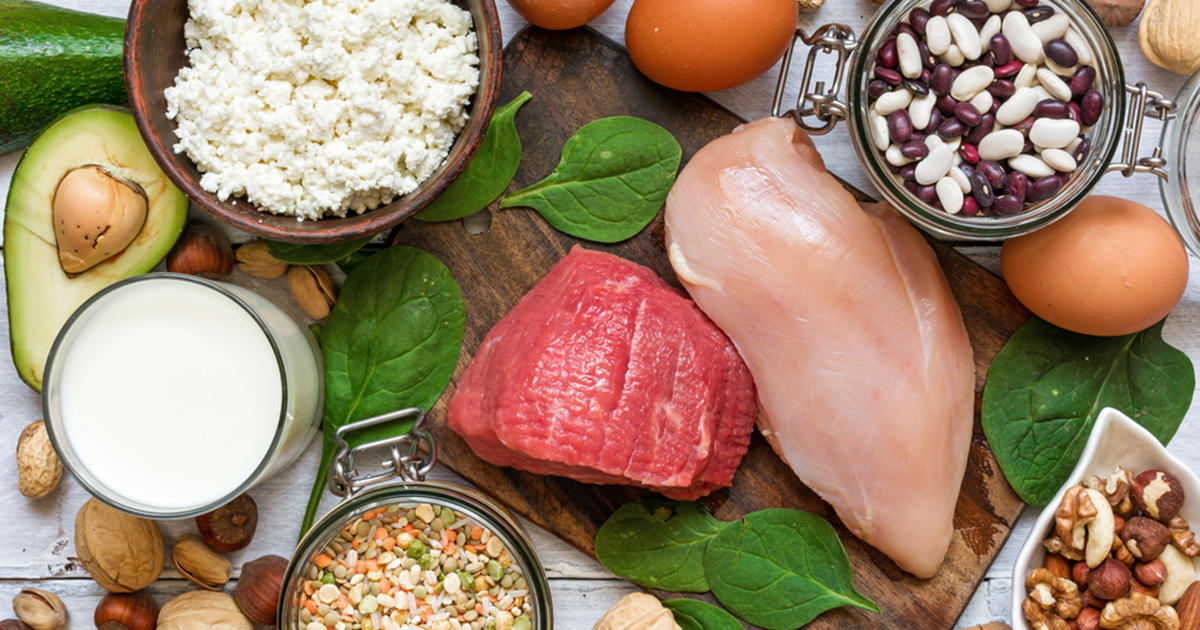Guide To Treating Glomerulonephritis
Lessen Protein And Potassium In The Diet

A physician may recommend for patients with glomerulonephritis to lessen protein and potassium in their diet. The objective of this restriction is to reduce the risk of developing chronic kidney disease or end-stage renal failure. When protein is digested in the body it forms a byproduct called urea. In a healthy individual, urea is transported by the bloodstream to the kidneys where it is removed from the body through the urine. The kidneys of a glomerulonephritis patient, however, cannot extract urea out of the blood properly. The excess urea puts a strain on the already compromised kidneys. In addition, a patient with glomerulonephritis may develop what is called uremia, or a toxic accumulation of urea in the blood. Limiting the consumption of protein can help keep urea levels at an acceptable level that does not cause harm to the kidneys. When an individual has glomerulonephritis, their kidneys also cannot properly filter potassium out of the blood. An excess of potassium in the blood can result in the disruption of nerve and muscle function, a heart attack, or an arrhythmia. Avoiding potassium-rich foods like sweet potatoes, spinach, nuts, oranges, bananas, tomatoes, dairy products, and legumes can help keep potassium levels from becoming dangerously high.
Learn more about treating glomerulonephritis effectively now.